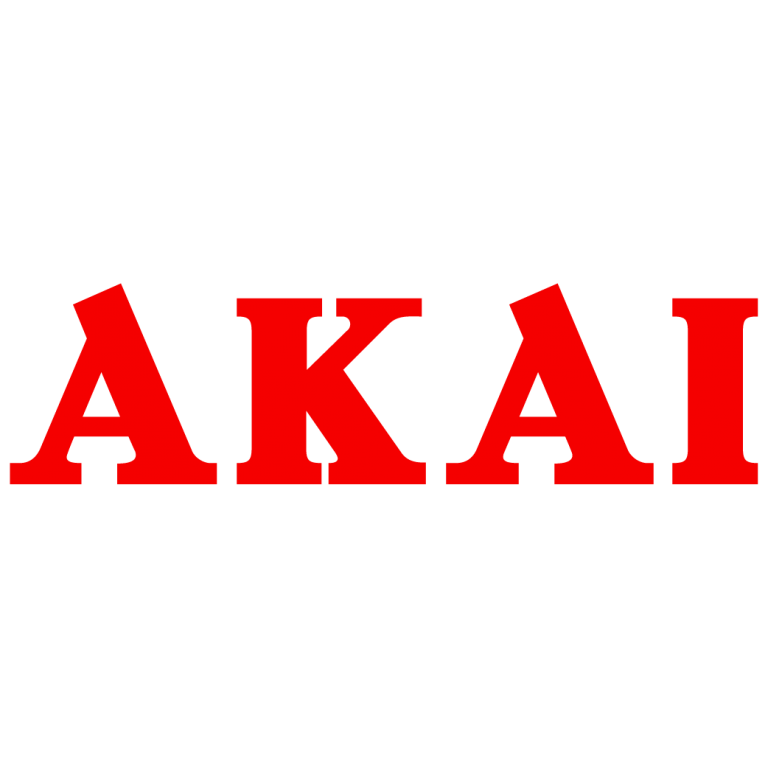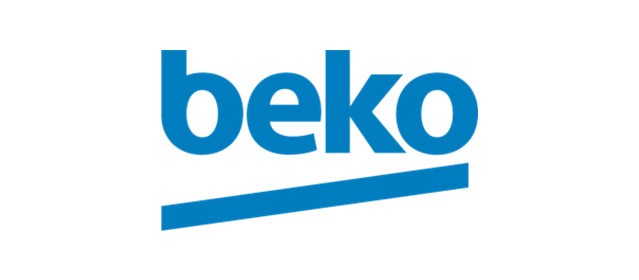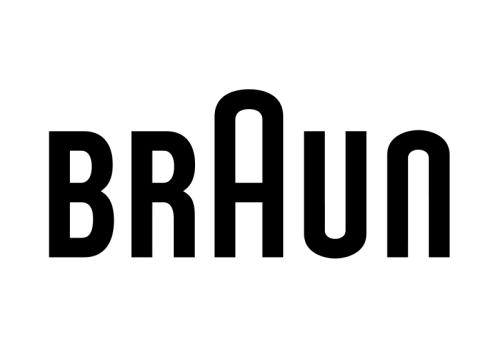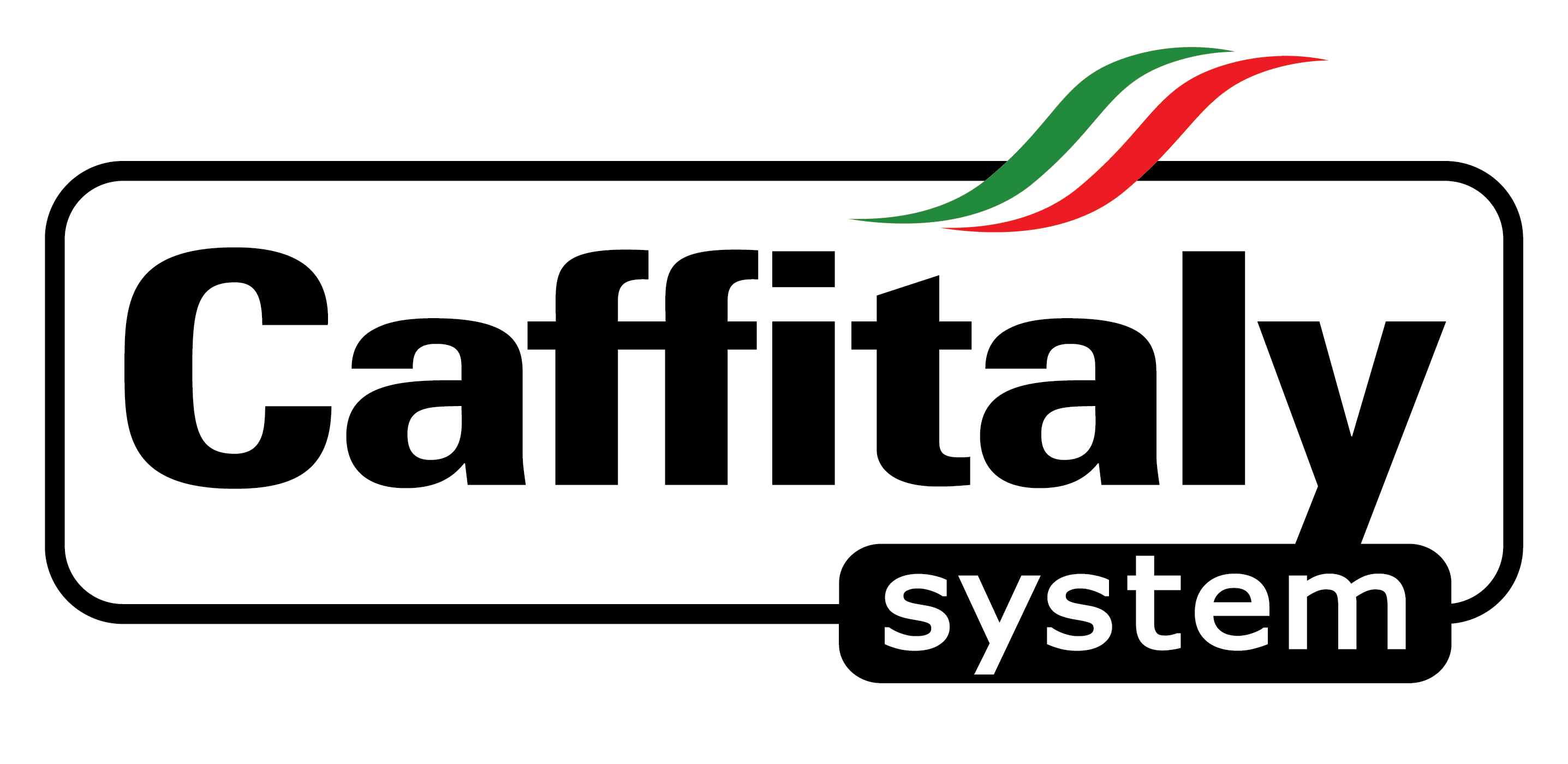Obligations to help you money proportion: Controlling Work: Debt to Money Proportion and you may Family Equity
1. Knowledge Personal debt-to-Earnings Ratio

balancing your debt-to-earnings ratio is crucial when it comes to managing your finances, especially if you're considering buying a home. Your debt-to-income ratio is calculated by dividing your total monthly debt payments by your gross monthly income. This ratio is important because it shows lenders how much of your income is already being used to repay debts. If you have a high debt-to-income ratio, it means you may have trouble making your mortgage payments on time. Understanding this ratio is crucial as it can affect your chances of getting approved for a mortgage, and it can also impact your credit rating. In this section, we'll discuss what debt-to-income ratio is and how you can calculate it to determine your financial health.
Debt-to-income ratio (DTI) is a monetary metric one compares the degree of financial obligation your have to your own gross monthly earnings. So it proportion suggests loan providers simply how much of one's earnings is already getting used to settle expense. Overall, lenders like borrowers that have a minimal financial obligation-to-money ratio because it indicates that he's got a lower exposure regarding defaulting on the fund. Normally, a financial obligation-to-income ratio of 43% otherwise faster represents most readily useful when making an application for a mortgage.
To calculate your debt-to-income proportion, you ought to make sense your monthly personal debt repayments and you may separate you to by your gross monthly income. Monthly loans costs include things like mortgage repayments, auto loan costs, education loan money, mastercard repayments, and every other financial obligation costs you really have. Terrible month-to-month income is the overall income in advance of taxation and other deductions. Like, if for example the overall monthly financial obligation money was $2,000 plus disgusting monthly earnings is actually $5,000, your debt-to-earnings ratio will be 40% ($dos,000 / $5,000).
The debt-to-money proportion is very important whilst assists lenders see whether otherwise not you really can afford to consider more debt, such as a mortgage. In case your financial obligation-to-earnings proportion is just too large, they means that you have got difficulties and make the home loan repayments timely. This will apply at your odds of delivering acknowledged for a home loan, and the interest rate you'll qualify for. As well, a high financial obligation-to-income proportion can also negatively feeling your credit rating.
If your debt-to-income ratio is too high, there are a few things you can do to improve it. One way is to pay off some of your debts, such as credit card balances or personal loans. Another way is to increase your income by taking on a part-day business or getting a raise at work no credit check installment loans Montana. You can also try to lower your monthly debt payments by refinancing your loans, consolidating your debt, or negotiating with creditors to decrease your interest levels.
In summary, understanding your debt-to-income ratio is crucial when it comes to managing your finances, especially if you're considering buying a home. This ratio shows lenders how much of your income is already being used to repay debts and can impact your chances of getting approved for a mortgage. By calculating your debt-to-income ratio, you can determine your monetary health and take the appropriate steps to improve it if necessary.
dos. How Debt-to-Earnings Proportion Impacts Your property Equity?
Your debt-to-money proportion is an essential component that impacts of numerous aspects of debt lifestyle. One of them elements is the home guarantee, the difference between your own home's market price as well as the a fantastic balance of your own home loan. The debt-to-earnings proportion 's the portion of your own monthly money one to goes on the settling your financial situation, as well as your mortgage, car loans, personal credit card debt, or any other signature loans. Your debt-to-income proportion has an effect on your property security since it impacts your ability to pay off the home loan and create equity in your home.

































